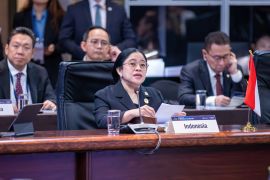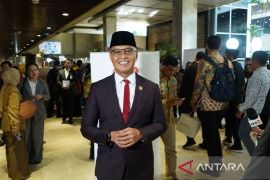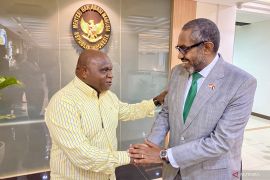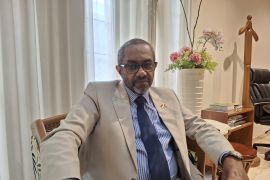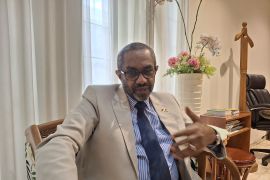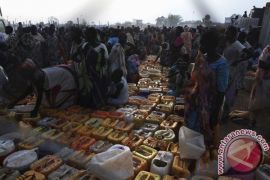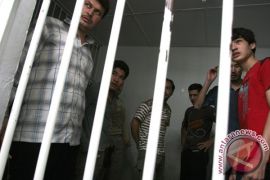"I have returned to my country to fight for the rights of the people in all regions of Sudan... and to put in place a programme for the next stage in the resistance to this despotic regime," Khalil Ibrahim said in a written response to emailed questions.
"We are in communication with all the (rebel) parties... and we are trying to coordinate an alliance with them to overthrow this regime," he added.
Ibrahim heads the Justice and Equality Movement, Darfur`s most heavily-armed group, and was a key player in the early days of the conflict, which first broke out in 2003 when he and other non-Arab rebels took up arms against the Arab-dominated government in Khartoum.
But he later sought refuge in Chad, which expelled him in May 2010 after a surprise rapprochement with Sudan, and he moved to Libya, whose then leader Moamer Kadhafi offered him sanctuary.
The war-torn region`s other top rebel chiefs, Minni Minnawi and Abdelwahid Nur, are currently based in the Ugandan capital Kampala.
Analysts have warned that Ibrahim`s return to Darfur last month is likely to escalate the violence in Darfur, which the UN-African Union peacekeeping mission (UNAMID) says has dropped sharply so far this year, and could aggravate the fighting in Sudan`s southern border region.
At least 300,000 people have been killed and 1.7 million remain displaced by the eight-year conflict in Darfur, according to the United Nations.
The government puts the death toll at 10,000 and blames the continuing lack of security on tribal conflict, minority armed forces and banditry.
In 2009, the International Criminal Court charged Sudan`s President Omar al-Bashir with war crimes and crimes against humanity in Darfur, with genocide added to the list the following year. (*)
Editor: Kunto Wibisono
Copyright © ANTARA 2011
